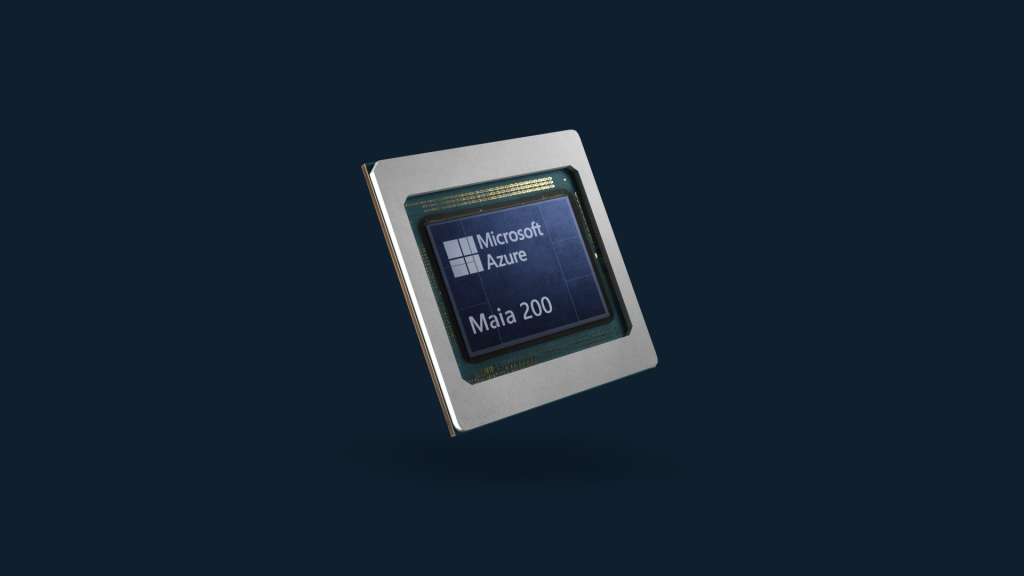It can be lonely at the top... but it can be just as lonely at the bottom, too. Unfortunately for Microsoft (MSFT 0.31%), it seems its Windows RT has reached the latter. This week Dell stopped selling its XPS 10 tablet running Windows RT, leaving Microsoft's Surface as the only RT device on the market.
A brief history
Microsoft just refreshed its Surface 2 tablet, and chose to keep the Windows RT operating system running on the device. RT runs a less robust form of Windows, and devices running the system have essentially been shunned by consumers.
Let's quickly recap RT's rocky road:
- Back in January, Samsung stopped its RT tablet pursuits and told CNET, "There wasn't really a very clear positioning of what Windows RT meant in the marketplace, what it stood for relative to Windows 8."
- In July, Lenovo stopped selling its hybrid tablet running RT, and this month a company executive basically said there was no need for the OS to exist.
- In August the CEO of Asus -- the first company to introduce an RT tablet -- told the The Wall Street Journal, "It's not only our opinion, the industry sentiment is also that Windows RT has not been successful." Ouch.
- And finally, this week, Dell joins the masses and says goodbye to Windows RT.
But so what, right? Microsoft can sell its own dadgum Windows RT tablets, right? Not exactly.
In July, Microsoft had to write down $900 million in unsold Surface RTs (the predecessor to Surface 2) units this year because the company miscalculated the demand. Windows RT supporters may point to the company's recent refresh of the Surface tablets as a way to help sell Window RT units, but there's nothing that makes me think consumer demand will magically shift to RT. Manufacturers haven't been able to sell devices running the OS, and Microsoft itself has failed to do so as well.
Microsoft has more than just the Surface 2 to worry about, though. Rumors of a smaller Surface tablet running RT have come out, with a release date expected for next year. A so-called Surface Mini would make a lot of sense, especially considering the research firm IDC expects small tablet sales to continue to increase over the next few years. But judging by the lack of consumer demand for the RT operating system, a Surface Mini RT would be an unwise decision.
A negative side effect
Microsoft isn't the only company that hurts from a lack of Windows RT demand, though. ARM Holdings (ARMH +0.00%) was expected to see big benefits from the Windows RT system with Microsoft and other companies selling tablets that would require its chip designs to run the OS. But with every original tablet maker dropping RT and Microsoft struggling to keep the system alive itself, serious benefits for ARM haven't materialized.
At the Mobile World Congress back in February, ARM's CEO Warren East said, "I'm well aware there is a perceived wisdom that RT hasn't been as successful as lots of people thought it was going be. Quite certainly I'm sanguine about it." But that was before all companies running RT dropped the OS and left Microsoft standing alone. ARM certainly has many more mobile pursuits than Windows RT, but the lack of RT sales have still been a big miss for the company. Rival Intel is making inroads in the mobile space, and ARM could have used Windows RT to help fend the company off.
For now, Microsoft has committed itself to Windows RT, and the Surface 2 will start shipping with the OS later next month. Microsoft investors should keep an eye on how the company responds to customer reactions to the Surface 2, and whether it's willing to part ways with the OS when it launches a future Surface Mini. Microsoft may simply keep RT for this product cycle and drop it once it's developed its next tablet OS iteration. But by then, consumers may have already cooled to the idea of a Microsoft tablet.







